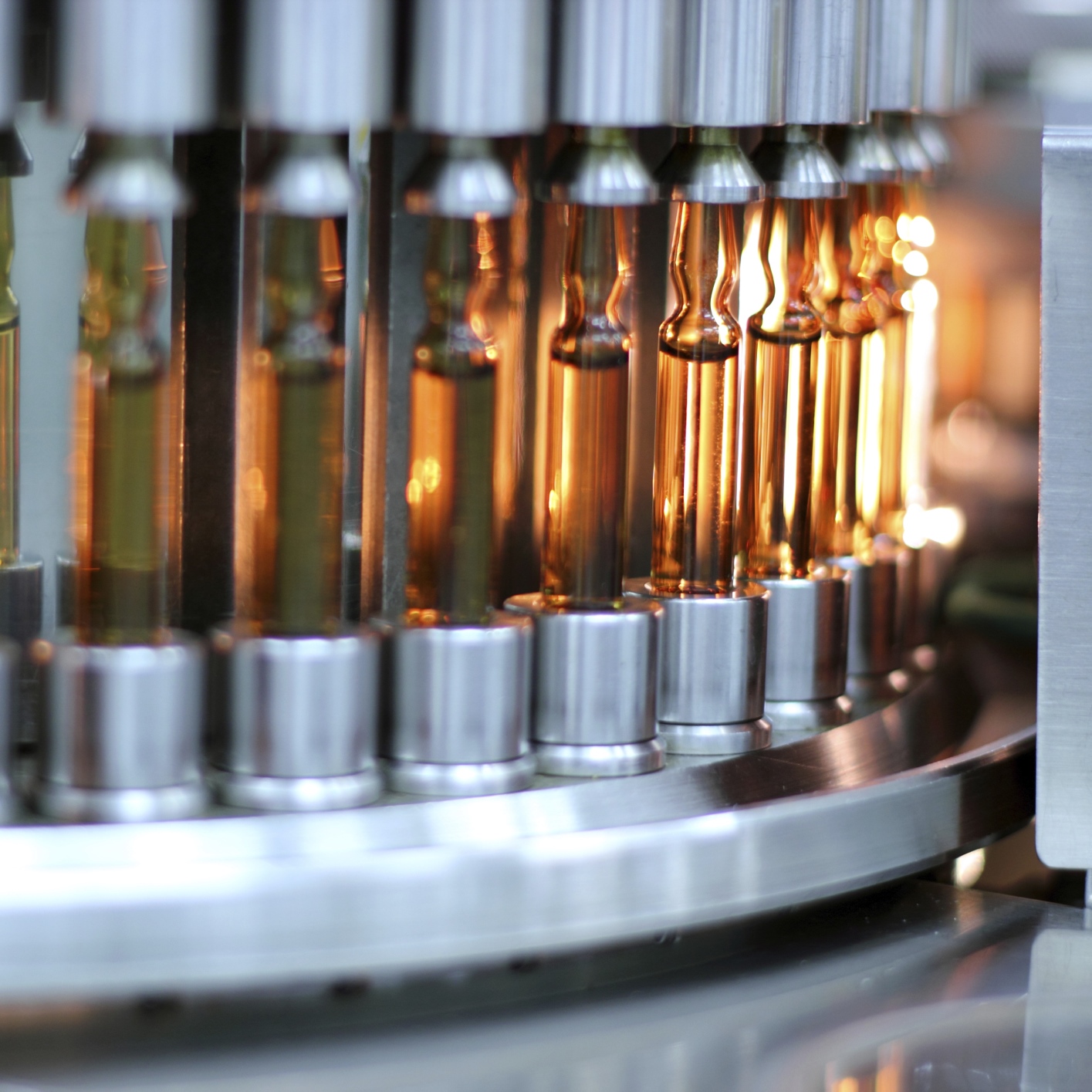Health and Healthcare
Why One Analyst Sees Gilead Worth 66% More

Published:
Last Updated:

Gilead Sciences Inc. (NASDAQ: GILD) has been touted by many analysts as being a great value stock with serious upside ahead. Gilead remains the top biotech stock that remains well under its highs and potential. On Wednesday, independent research firm Argus issued a research report on the stock. It might seem in line that Gilead was reiterated as Buy. What really matters here is that Argus has a $150 price target.
If that target manages to prove accurate, then Gilead has upside nearing 67%. Investors need to consider that this is higher than all other analyst targets.
Note that many of the analysts see some of the same reasons for valuing Gilead stock much higher. That being said, this $150 target is more than 10% higher than the next highest brokerage firm analyst target.
Argus sees strong prospects for Harvoni. The firm’s Buy rating reflects the stock’s attractive valuation and the company’s solid position in the market for hepatitis C and HIV drugs. Harvoni was Gilead’s top-selling product in 2015, and sales now appear to be stronger than initially expected for 2016. Argus also said that Harvoni has seen substantial prescription growth for Genvoya, a recently launched HIV drug with a favorable safety profile.
As for the valuations, Argus noted that Gilead is attractively valued at just 7.2 times the firm’s 2016 EPS estimate. That is less than half of the peer stock valuations at roughly 15 times estimates.
In February and March, U.S. prescription volume for Harvoni has increased on a week-over-week basis after trending down in the fourth quarter of 2015, according to data from Symphony Health Solutions, an industry tracking firm. We believe that two factors are boosting Harvoni prescriptions. First, private insurers appear to have loosened their restrictive reimbursement policies, and are covering hepatitis C drug costs for more patients. In 2015, insurers largely restricted hepatitis C coverage to the sickest patients, such as those with advanced liver cirrhosis or co-morbidities such as HIV. The second factor is weaker-than-expected competition from Merck’s new hepatitis C drug, Zepatier, which was launched in February.
The strong week-to-week increase in Harvoni sales suggests that the launch of Zepatier has had a relatively small impact on Harvoni. In addition, we note that Harvoni has been able to cure certain hep C patients with a relatively short eight-week course of treatment (compared to a more typical 12 weeks). This could make insurers more willing to cover Harvoni. The company is also seeing better-than-expected Harvoni sales in Japan, where it is competing against a drug from Bristol-Myers.
Gilead’s last guidance was for 2016 product revenue of $30 billion to $31 billion. That would be under the $32.2 billion seen in 2015. Its 2016 U.S. revenue outlook should be based on results from the second half of 2015 and extrapolated to a full year. U.S. sales of Harvoni came to $6.677 billion in the half, down from $7.187 billion in the first half of the year. Argus thinks that management’s guidance could prove conservative as Harvoni prescription counts have increased steadily.
Another issue here in the Argus report is that the analysts think that Harvoni has become popular with physicians based on its high cure rate, as well as an ease of administration and a broadly accepted label. Harvoni can be used without Ribavirin, avoiding debilitating side effects, while rival drugs like Zepatier and Viekira Pak are generally prescribed in combination with Ribavirin.
24/7 Wall St. would point out that this report comes after one of Gilead’s drug studies for cancer (Zydelig) was halted after increased risk of death and other serious side effects seen in patients with lymphocytic leukemia. Zydelig is shown to be approved as a treatment against follicular B-cell non-Hodgkin’s lymphoma and against chronic lymphocytic leukemia for patients where other treatments have failed.
Again, that $150 price target is the highest official analyst target. Thomson First Call has the highest analyst rating in its brokerage firm universe at $135.00. The consensus price target is closer to $116.00, and Gilead’s 52-week trading range is $81.89 to $123.37.
Credit card companies are pulling out all the stops, with the issuers are offering insane travel rewards and perks.
We’re talking huge sign-up bonuses, points on every purchase, and benefits like lounge access, travel credits, and free hotel nights. For travelers, these rewards can add up to thousands of dollars in flights, upgrades, and luxury experiences every year.
It’s like getting paid to travel — and it’s available to qualified borrowers who know where to look.
We’ve rounded up some of the best travel credit cards on the market. Click here to see the list. Don’t miss these offers — they won’t be this good forever.
Thank you for reading! Have some feedback for us?
Contact the 24/7 Wall St. editorial team.